Our Advisory Group shapes the direction of the Early Career Researcher Network and its activities. Its membership consists of four members of the Network and four of the Society’s Fellows.
Advisory Group members will assess the current Welsh research environment, its opportunities and barriers, and will explore how the Society can expand its activities to develop researchers’ careers.
Our Early Career Researchers:
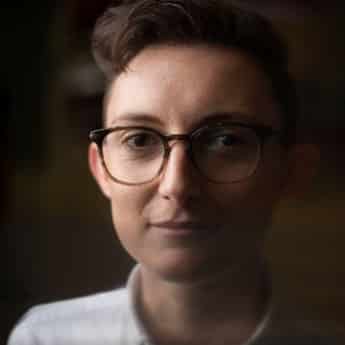
Dr Emily Cock
Cardiff University
I have a CV that is not unusual for a modern humanities ECR: I completed my PhD at the University of Adelaide (2013) while teaching in that department, and spent four years in short-term teaching, research, administrative, and non-academic work (vineyards, a university call centre, a museum gift shop…) in Australia, America, and the UK. I am therefore at the tail-end of the 'early career' period, and very fortunate to have secured an open-ended contract in 2020 as a Lecturer in Early Modern Medicine and the School EDI lead in the Department of History at Cardiff University. I wanted to join the LSW Advisory Group because I want early career researchers in Wales to have a better experience than so many of my friends and colleagues have had, and I see the LSW as well-placed to promote cross-sector, collaborative research, scholarship, and funding design as key ways to retain and train junior scholars across disciplines and sectors, and contribute to positive change in Wales.
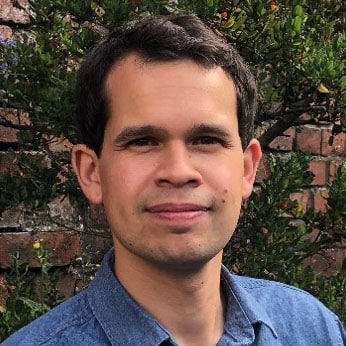
Dr Emrys Evans
Swansea University
I am a Senior Lecturer in Chemistry at Swansea University. My research uses advanced optical and magnetic spectroscopy to explore molecular materials and the functional properties arising from unpaired electrons. I received a Leverhulme Trust Early Career Fellowship in 2019. In 2020 I started a Royal Society University Research Fellowship to explore 'Radical energy and spin control in organic electronics.’ In 2021 I was awarded the Dillwyn Medal for STEMM from the Learned Society of Wales for my work in the field of optoelectronics. In my role on the Advisory Group, I aim to support the development of researchers and the research environment in Wales with the perspective of a current ECR.
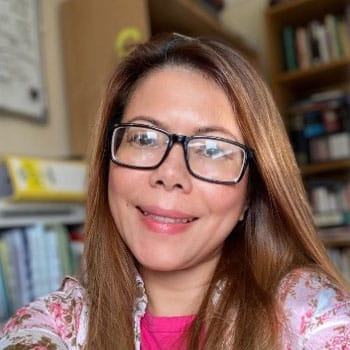
Dr Shareena Hamzah-Osbourne
Swansea University
I applied to join the Development of Researchers Advisory Group as I am passionate about enhancing the diversity and inclusivity of Early Career Researchers (ECRs) in Wales. It is vital for academic institutions to reflect and support their local communities, while also remaining aware of the highly mobile and globalised nature of Higher Education and research. I want to use my skills and experiences to help create a community of ECRs across Wales who can work collaboratively and effectively to the best of their capabilities in a diverse and inclusive research environment.
In 2018 I completed my PhD in English Literature at Swansea University, where I have taught full-time undergraduates and mature students returning to education, gaining my FHEA status in 2020. I was a Florence Mockeridge Fellow at Swansea University in 2019-20, where I partook in a series of interdisciplinary research activities, and I am the Social Media Officer for the Contemporary Women’s Writing Association. I will draw on all these experiences to listen to the voices of ECRs across Wales and assist the Learned Society of Wales in its efforts to develop their potential.
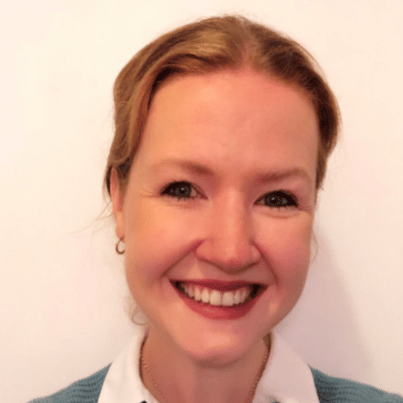
Dr Lucy Trotter
Aberystwyth University
I completed my BA (2014), MSc (2015) and PhD (2020) in Social Anthropology at The London School of Economics. In 2019, I was appointed as a lecturer in Education at Aberystwyth University, where I currently teach across both undergraduate and postgraduate modules, alongside my administrative duties as Director of Postgraduate Studies, MA Education (Wales) Programme Director, and Equality Champion. My PhD research was an ethnographic study of a Welsh-speaking community who live in The Chubut Province, Argentina. My monograph, ‘The Sound of Welsh Patagonia’, based on that research, will be published with University Wales Press. My most recent research project explored the impact of the COVID-19 pandemic on single student parents who study at university in the UK. I have a keen interest in issues of equality and diversity, and the focus on diversifying and broadening membership of the Learned Society of Wales in the 2018-2023 strategic plan is one of the key reasons I wanted to join the Advisory Group as an Early Career Representative – it represents a distinctly forward thinking LSW that is aligned with my own values, my research, and my teaching practice.
Our Fellows
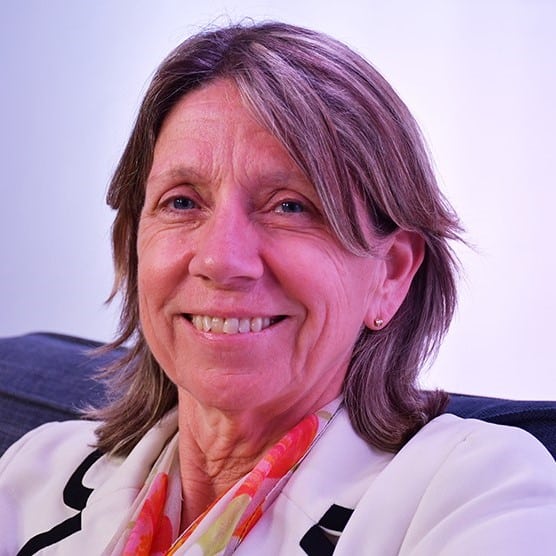
Professor Alma Harris
Cardiff School of Education and Social Policy, Cardiff Metropolitan University
I have worked internationally on research and writing to understand and support educational leadership, education policy and school improvement. I’ve been a Senior Policy Adviser to the Welsh Government assisting with the process of system-wide reform and led on the development and implementation of a master’s qualification for all newly qualified teachers in Wales. With the World Bank I contributed to development and research programmes aimed at supporting schools in challenging contexts in Russia. I’ve supported Early Career Researchers in a variety of ways over my career and shared panels with them. I’m looking forward to creating opportunities for the Society’s Fellows to work with ECRs in our Network.

Professor Raluca Radulescu
Bangor University
I have extensive experience in mentoring PGR/ECRs through my different roles as Director of Graduate Studies (for more than ten years), running PG events and training. I have also held leadership roles, such as Director of Research, Impact and Engagement and REF unit coordinator. I have undertaken a number of training schemes and acted as a mentor on the WUMS scheme. I am part of a number of relevant committees and discussion groups including the Concordat for Researchers and the Athena Swan accreditation committee. I sit on national funding bodies by request (having been an AHRC peer review member for 11 years) and advise on external/ international funding bodies. As I am the author of two impact case studies (for 2014 and 2021), I am well aware of the need to work with entities outside academe and I would like to facilitate that for the Early Careers Researchers Network. I welcome this opportunity to contribute to developing the careers of these key researchers in Wales, and look forward to help develop networking opportunities for both ECR and MCRs

Professor Simon Hands
University of Liverpool
In my view, the toughest transition any ECR has to overcome is acquiring research independence, indicated by both access to resources and publication profile. My experience has been in theoretical areas of science, where a key skill is organising thoughts, ideas and workload to produce independent (perhaps even single-author) publications. Sometimes it’s hard to recognise longer-term research priorities, especially in a world apparently dominated by REF, bibliometrics, ever-increasing teaching loads, and social media. I have also worked closely with younger experimental colleagues and understand all too well the huge difficulties involved in equipping a research laboratory. I want to be able to guide ECRs to make the optimal choices and decisions to advance their careers.
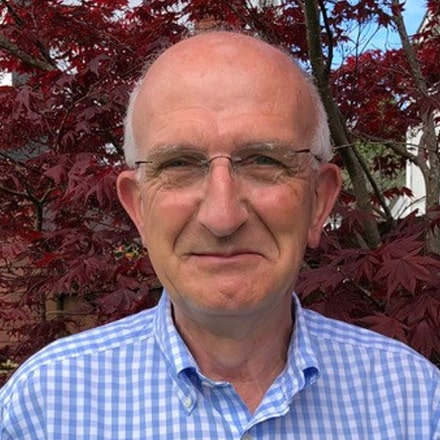
Professor Andrew Rowley
Swansea University
I have over 35 years in HE in Wales and have seen the constant difficulties in attracting and retaining talented post-docs in Wales. I have first-hand knowledge of this from training large numbers of research students and post-docs over my career. A lack of career progression and poor success rates in attracting UKRI funding in Wales are key issues. Our loss of EU funds will severely affect all the research-driven universities in Wales at both research student and postdoctoral levels. As part of the Advisory Group, I want to look at how Wales and the Learned Society can help address these issues that will become critical in the next few years.
